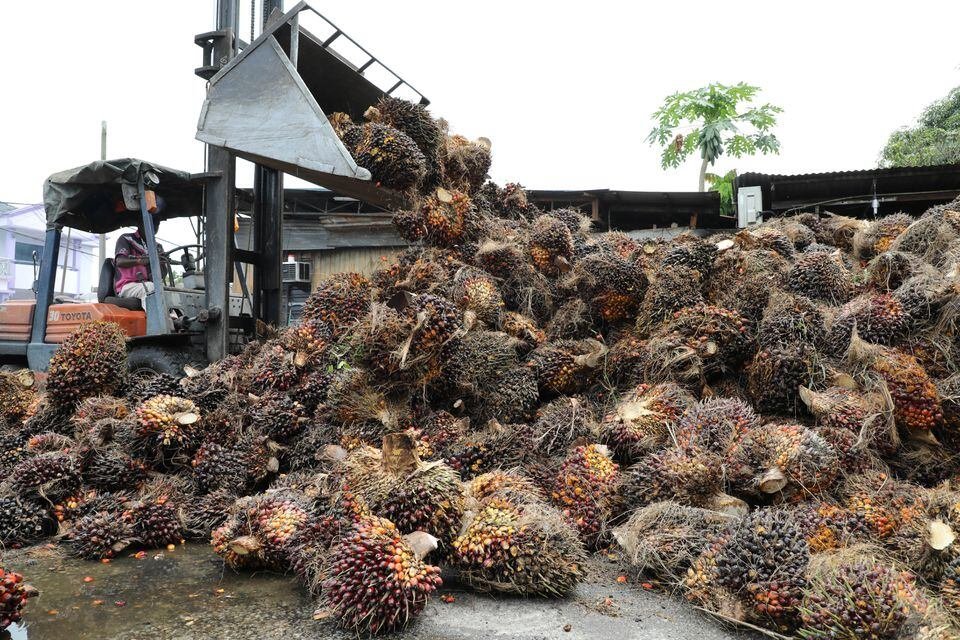As the EU contemplates its response to the WTO ruling, Malaysia stands poised to assert its interests and ensure adherence to international trade norms.
In a significant development, Malaysia has declared its intent to closely monitor the European Union’s reaction to a recent World Trade Organization (WTO) ruling, which upheld the EU’s position that biofuels contributing to deforestation cannot be classified as renewables.
Malaysia, a major palm oil producer, expressed its stance on Wednesday, indicating a strategic move to assess how the EU adapts to the WTO’s decision while simultaneously seeking modifications in the implementation process.
In a groundbreaking verdict, the WTO’s adjudicating panel dismissed numerous claims by Malaysia against EU measures that effectively excluded palm oil-based biofuels from the category of renewable fuels.
However, the panel did acknowledge Malaysia’s grievances regarding the formulation, publication, and administration of these measures. Consequently, the EU is mandated to make adjustments in line with the WTO ruling, albeit not necessarily rescinding the measures altogether.
Responding to the WTO panel’s report, the European Commission conveyed its satisfaction with the outcome, emphasizing the preservation of the EU’s legal framework on renewable energy and biofuels.
The Commission underscored its prerogative to combat greenhouse gas emissions while affirming its commitment to evaluating the latest scientific data to determine the risk posed by certain crops to deforestation. Amendments to existing legislation concerning certification criteria for low-risk crops are anticipated in the near future.
Minister Johari Abdul Ghani, overseeing Plantations and Commodities in Malaysia, reiterated the government’s vigilance in monitoring any revisions to EU regulations to ensure alignment with the WTO’s findings. He emphasized the readiness to pursue compliance proceedings if deemed necessary, underscoring Malaysia’s commitment to safeguarding the interests of its palm oil biofuels industry.
Malaysia’s dissatisfaction with the EU’s renewable energy directive stems from what it perceives as discriminatory treatment.
Since 2021, Malaysia has contested the regulations restricting the utilization of palm oil-based biofuels within the EU, culminating in the WTO’s intervention. Notably, under the EU regulations, palm oil-based fuels are slated for phase-out by 2030 due to concerns over palm oil cultivation’s association with deforestation.
Minister Johari highlighted the WTO’s findings, particularly the fault lines in the EU’s regulations pertaining to indirect land use change and its approach to engaging with other economies during the formulation of trade measures. Viewing the WTO ruling as validation of Malaysia’s claims of discrimination, the minister affirmed the government’s unwavering support for stakeholders in the palm oil biofuels sector, vowing to combat trade barriers impeding their operations.
As the EU contemplates its response to the WTO ruling, Malaysia stands poised to assert its interests and ensure adherence to international trade norms. The outcome of this deliberation will not only shape the dynamics of the biofuels industry but also set a precedent for future trade disputes concerning environmental considerations on a global scale.
